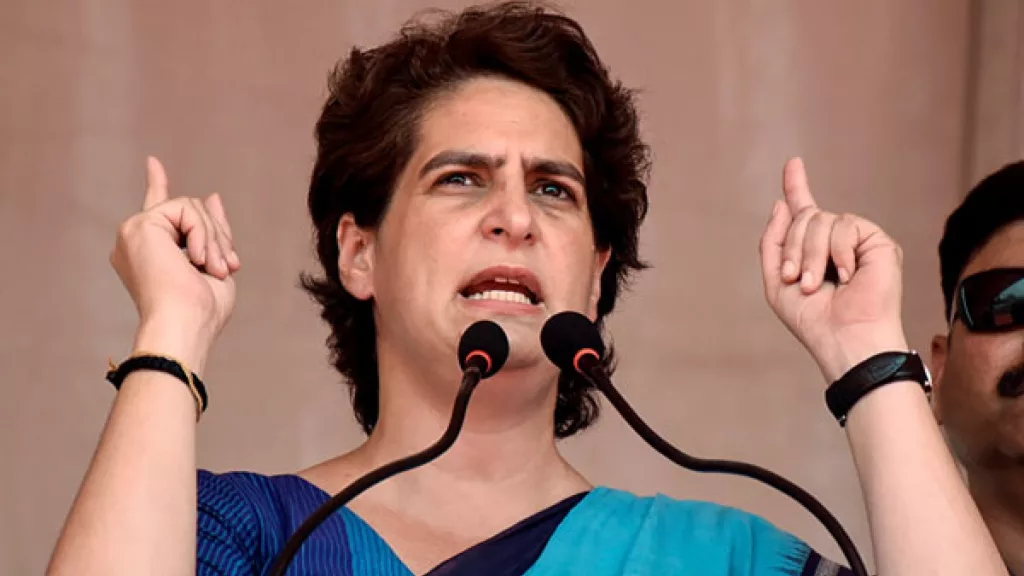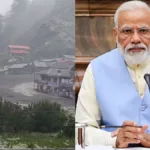A fierce political debate has erupted following the Supreme Court’s critical remarks against Congress leader Rahul Gandhi. The controversy began when the apex court, while hearing a defamation case, rebuked Gandhi for his statements on the India-China border issue. In a swift and sharp response, Congress General Secretary Priyanka Gandhi has come to her brother’s defense, asserting that it is not the role of the judiciary to define who is a “true Indian.”
The Court’s Scathing Observation
The Supreme Court, on Monday, stayed the proceedings in a criminal defamation case against Rahul Gandhi in a Lucknow court. The case stems from remarks he made during the “Bharat Jodo Yatra” in December 2022, where he claimed that China had occupied 2,000 square kilometers of Indian territory and had “trashed” Indian soldiers.
During the hearing, a bench of Justices Dipankar Datta and Augustine George Masih expressed strong disapproval of Gandhi’s comments. Justice Datta questioned the basis of Gandhi’s claims, stating, “How do you get to know that 2,000 sq km land was occupied by Chinese? If you are a true Indian, you wouldn’t say such a thing.” The court also advised Gandhi, the Leader of Opposition, to use institutional forums like Parliament to raise such concerns instead of making public statements on social media.
Priyanka Gandhi’s Retort
Priyanka Gandhi Vadra responded to the court’s observation, defending her brother and emphasizing his respect for the Indian Army. While speaking to reporters in the Parliament House complex, she stated with “due respect to the honourable judges,” that “they do not decide who is a true Indian.”
She further clarified that it is the duty of the Leader of Opposition to question the government and hold it accountable. “My brother would never speak against the Army, he holds them in the highest respect. It is a misinterpretation [of his remarks],” she said. Her comments underscore the Congress party’s position that questioning the government on matters of national security is a patriotic duty, not an act of disloyalty.
Political Fallout and the China Question
The Supreme Court’s remarks have ignited a fresh war of words between the BJP and the Congress. The BJP was quick to use the court’s observation to label Rahul Gandhi as “anti-national.” In response, the Congress has accused the government of trying to “obfuscate” the truth on the China border issue with a policy of “DDLJ—Deny, Distract, Lie, and Justify.”
This incident highlights the ongoing political tensions surrounding the border standoff with China. While the Supreme Court granted interim relief to Gandhi by staying the defamation case, its critical remarks have provided a new angle for political attacks, leading to a fierce debate about the responsibilities of the opposition and the role of national security in political discourse.







